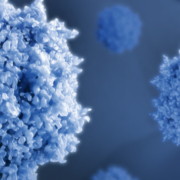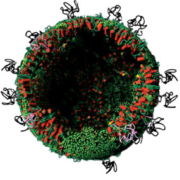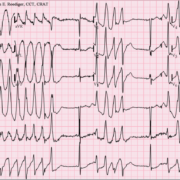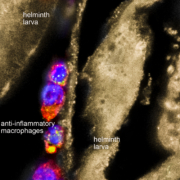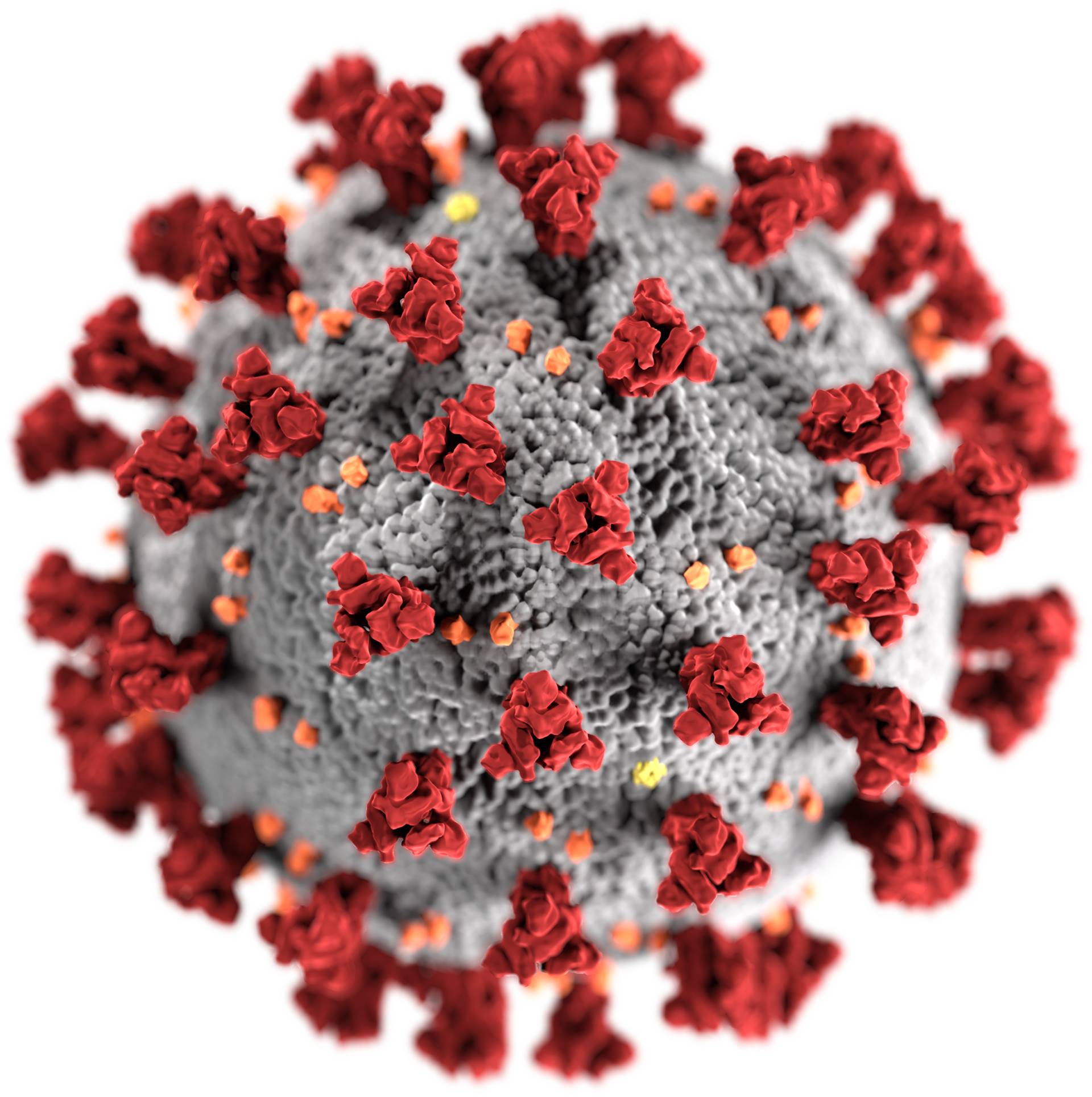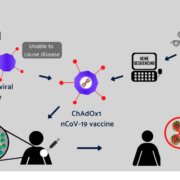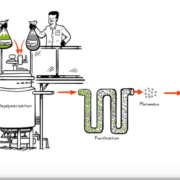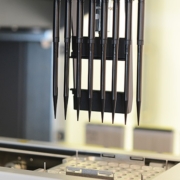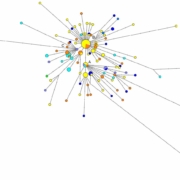Cevec Pharmaceuticals GmbH has launched a new, scalable production platform for AAV gene therapy vectors.
ADVERTISEMENT
German vaccine developer ARTES Biotechnology GmbH will develop a COVID-19 subunit vaccine based on virus-like particles (VLP), which include two proteins of SARS-CoV-2.
The politically overhyped use of old malaria drugs in combination with COVID-19-specific candidates has been demonstrated to be dangerous, reports Nature Medicine.
German researchers have isolated a substance from parasitic roundworm larvae to alleviate inflammation and treat asthma in a rodent model.
Last year, the biotechnology sector in Switzerland has continued its growth and proved to be a magnet for fresh capital and investment. This is revealed by the Swiss Biotech Report 2020.
Up to today, Novartis and Bayer announced donations of several millions of old antimalaria pills based on anecdotical reports of efficacy in COVID-19 patients. Now Novartis has started a study.
Dutch Halix BV will manufacture a ChAdOx1 nCoV-19 vaccine, developed at the University of Oxford .
For years, French Carbios SAS has worked to set up a process that effectively depolymerizes PET, one of the most common plastics. Now its process has been published.
British researchers have tabled a phylogenetic tree showing different subtypes of SARS-CoV-2 developed in Asia, Europe and the US.


